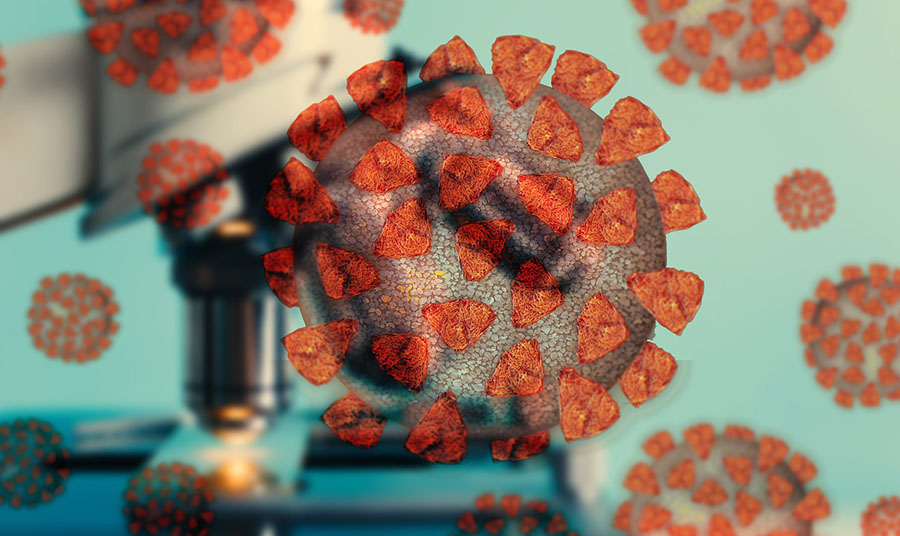ProMIS Neurosciences Inc. (PMN:TSX; ARFXF:OTCQB) reiterated in a news release that the global effort to develop Alzheimer's disease-modifying therapies must selectively target, with exact precision, the toxic oligomer form of beta amyloid beta believed to be a root cause of the disorder.
This announcement comes on the heels of other biotech firms having aborted their clinical programs testing potential treatments for Alzheimer's disease. Most recently, Biogen and partner Eisai terminated two phase 3 clinical trials of aducanumab. Earlier in the year, Roche Holdings and partner AC Immune ended their crenezumab program.
ProMIS purported that both drug candidates failed because they were not selective enough in their targeting of amyloid beta. Aducanumab bound primarily to the plaque form whereas crenezumab bound to all amyloid beta forms.
What is required for an Alzheimer's disease therapy, according to ProMIS, is one that precisely targets only the misfolded, toxic form of amyloid beta. ProMIS' lead antibody candidate for Alzheimer's, PMN310, does just that, "offering a potential significant advantage over aducanumab and other less selective antibodies in terms of both efficacy and safety," ProMIS' Chief Medical Officer Dr. James Kupiec said in the release.
"Aducanumab was developed over a decade ago to go after plaque, which we have since learned is the incorrect therapeutic target because plaque is a largely non-toxic form of amyloid beta," Kupiec noted.
"Aducanumab wasted too much limited ammunition on the wrong target, which also led to the dose limiting side effect of brain swelling (edema). Unlike aducanumab, ProMIS’ lead antibody candidate for Alzheimer’s, PMN310, reflects key lessons learned, namely that the toxic oligomer of amyloid beta is a root cause of AD, not plaque. PMN310 is the first antibody to selectively target just the toxic oligomer, a misfolded, toxic form of amyloid beta," Kupiec stated.
Read what other experts are saying about:
Disclosure:
1) Doresa Banning compiled this article for Streetwise Reports LLC and provides services to Streetwise Reports as an independent contractor. She or members of her household own securities of the following companies mentioned in the article: None. She or members of her household are paid by the following companies mentioned in this article: None.
2) The following companies mentioned in this article are billboard sponsors of Streetwise Reports: ProMIS Neurosciences. Click here for important disclosures about sponsor fees.
3) Comments and opinions expressed are those of the specific experts and not of Streetwise Reports or its officers. The information provided above is for informational purposes only and is not a recommendation to buy or sell any security.
4) The article does not constitute investment advice. Each reader is encouraged to consult with his or her individual financial professional and any action a reader takes as a result of information presented here is his or her own responsibility. By opening this page, each reader accepts and agrees to Streetwise Reports' terms of use and full legal disclaimer. This article is not a solicitation for investment. Streetwise Reports does not render general or specific investment advice and the information on Streetwise Reports should not be considered a recommendation to buy or sell any security. Streetwise Reports does not endorse or recommend the business, products, services or securities of any company mentioned on Streetwise Reports.
5) From time to time, Streetwise Reports LLC and its directors, officers, employees or members of their families, as well as persons interviewed for articles and interviews on the site, may have a long or short position in securities mentioned. Directors, officers, employees or members of their immediate families are prohibited from making purchases and/or sales of those securities in the open market or otherwise from the time of the interview or the decision to write an article until three business days after the publication of the interview or article. The foregoing prohibition does not apply to articles that in substance only restate previously published company releases. As of the date of this article, officers and/or employees of Streetwise Reports LLC (including members of their household) own securities of ProMIS Neurosciences, a company mentioned in this article.



























































